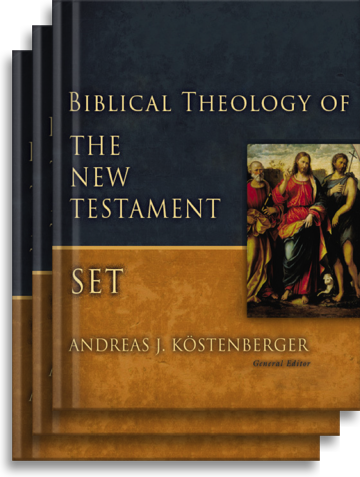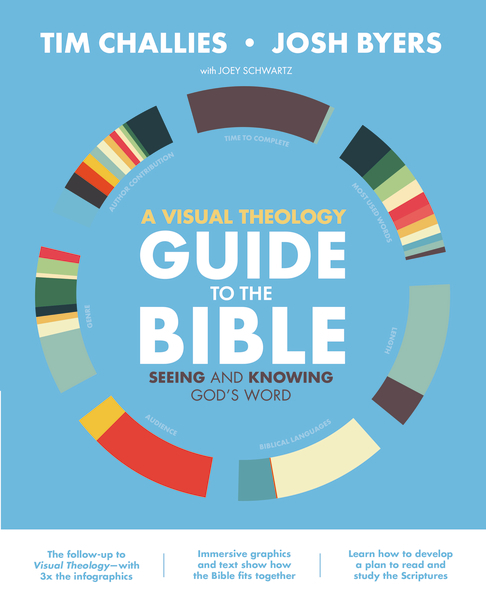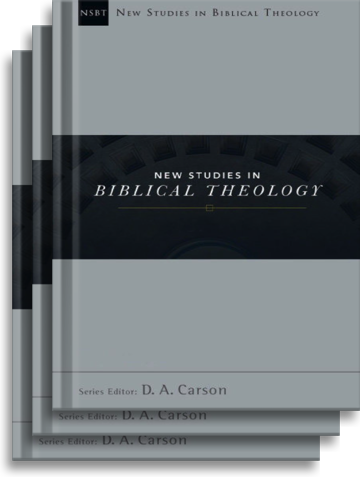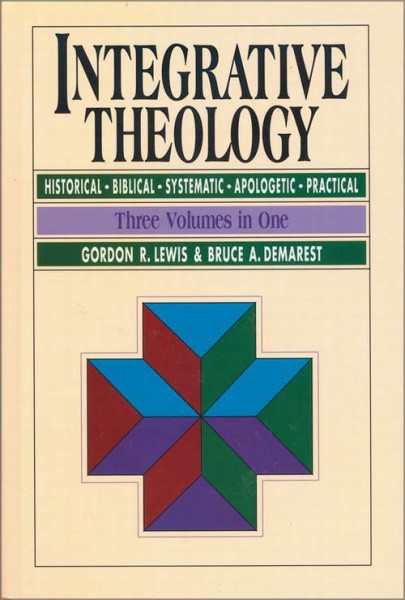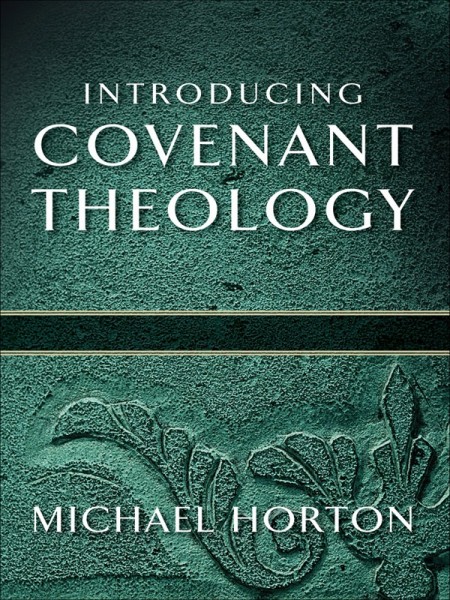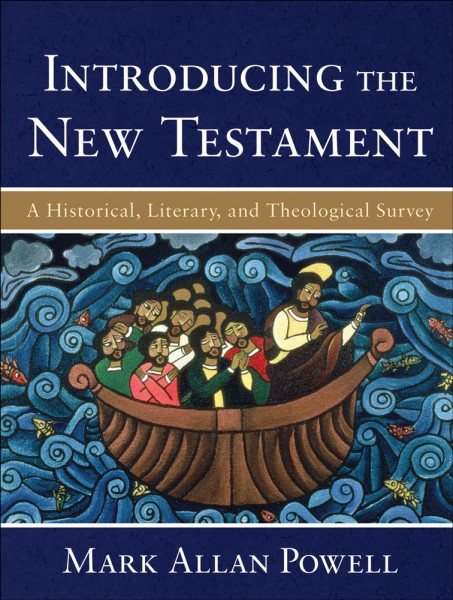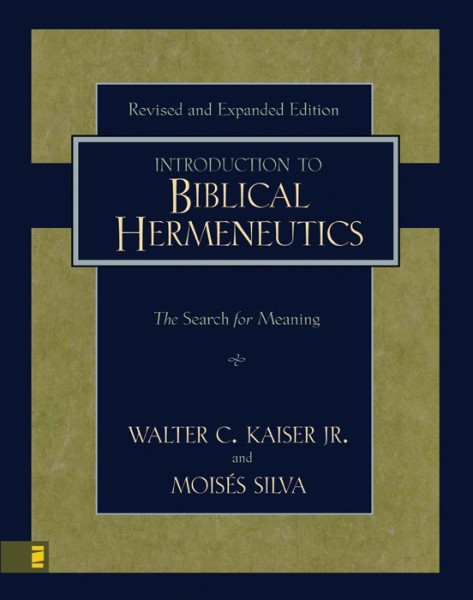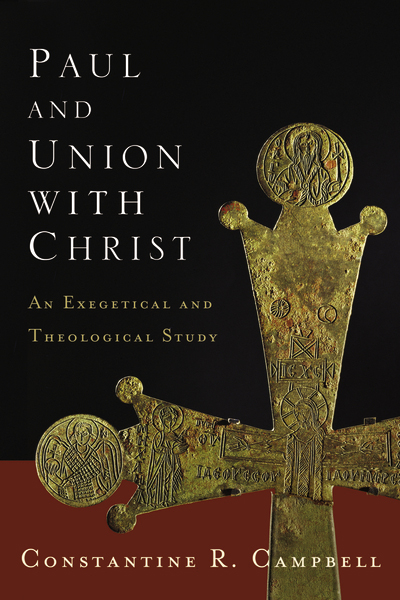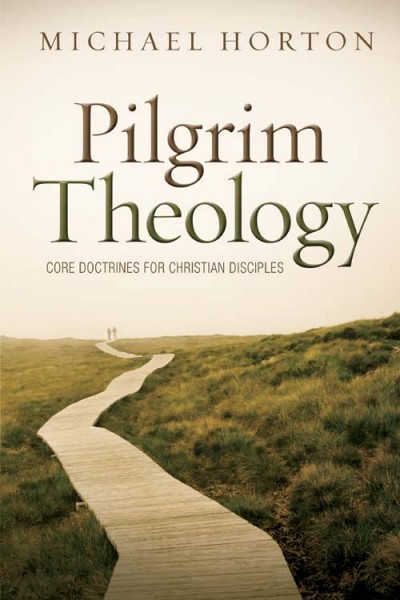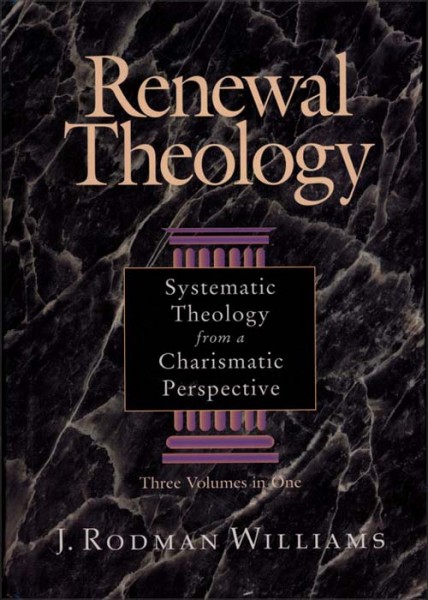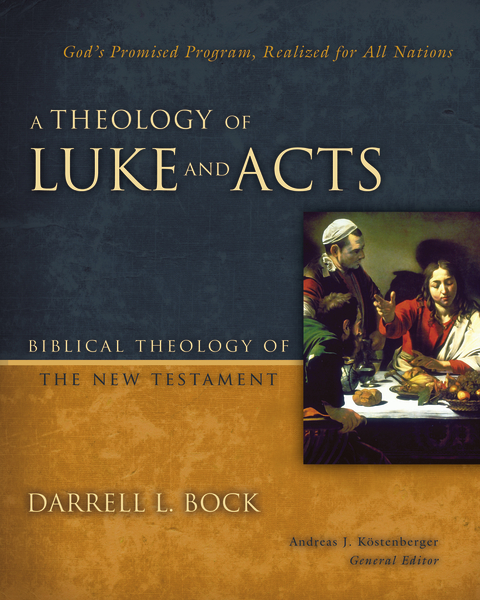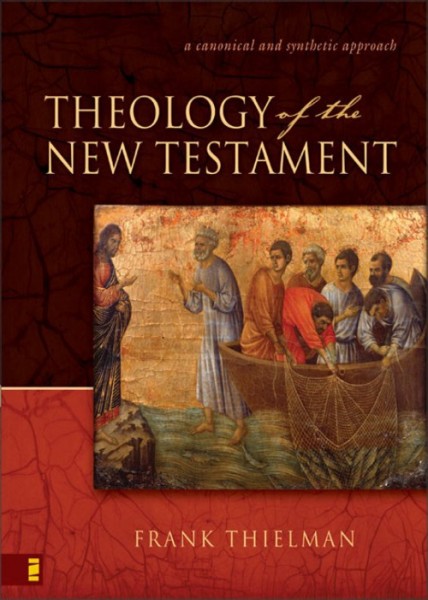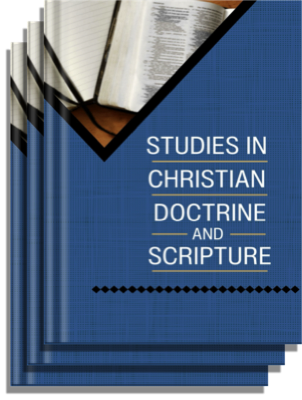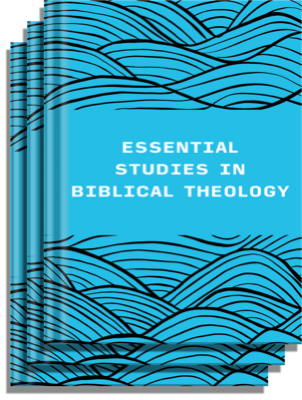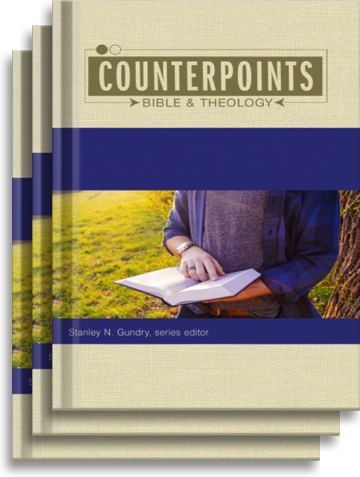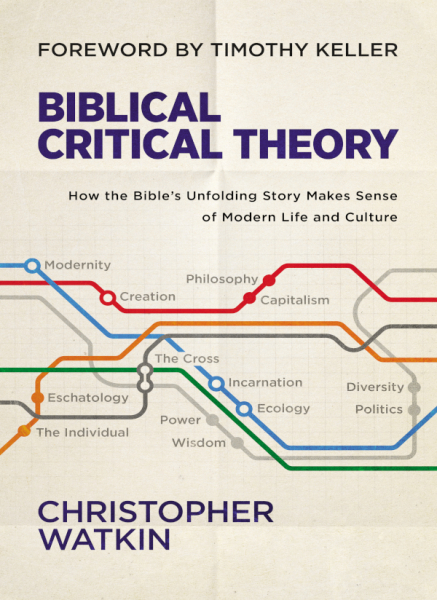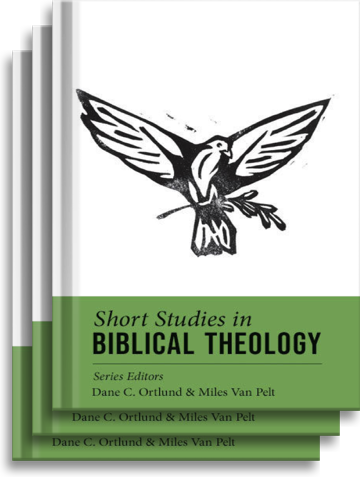Olive Tree Account
Olive Tree Account


Forgot Password
Enter the email address associated with your Olive Tree account to reset your password
Theology
Theology
For the Olive Tree Bible App
Sort
Sort by
Sort by
Mark Bailey, Darrell Bock, Darrell L. Bock, Buist FanningIII, W Hall Harris, David Lowery, Roy B. Zuck
$31.99
Mark Bailey, Darrell Bock, Darrell L. Bock, Buist FanningIII, W Hall Harris, David Lowery, Roy B. Zuck
$31.99
Daniel J. Treier, Kevin J. Vanhoozer
$199.99
$329.92
Daniel J. Treier, Kevin J. Vanhoozer
$199.99
$329.92
Theology
Theology
For the Olive Tree Bible App
Sort
Sort by
Sort by
Mark Bailey, Darrell Bock, Darrell L. Bock, Buist FanningIII, W Hall Harris, David Lowery, Roy B. Zuck
$31.99
Mark Bailey, Darrell Bock, Darrell L. Bock, Buist FanningIII, W Hall Harris, David Lowery, Roy B. Zuck
$31.99
Daniel J. Treier, Kevin J. Vanhoozer
$199.99
$329.92
Daniel J. Treier, Kevin J. Vanhoozer
$199.99
$329.92
